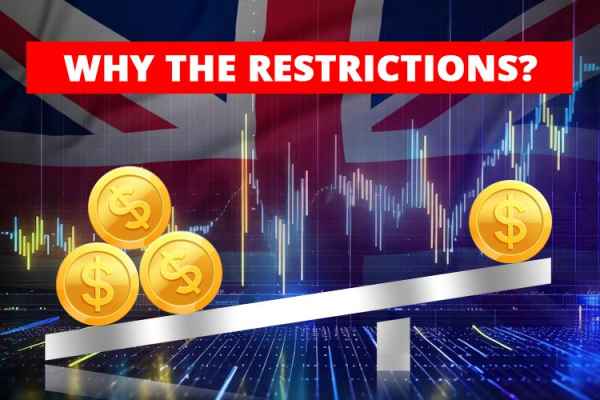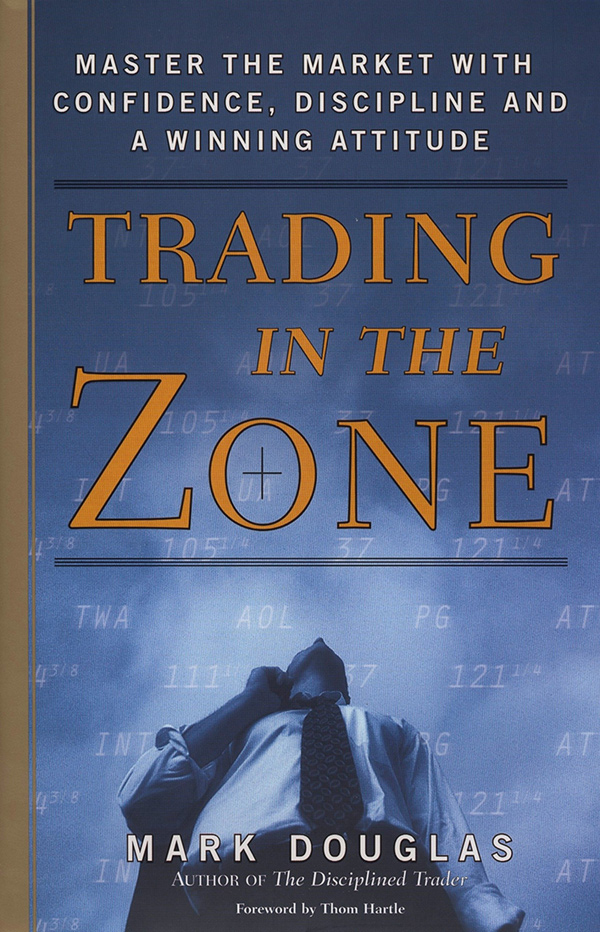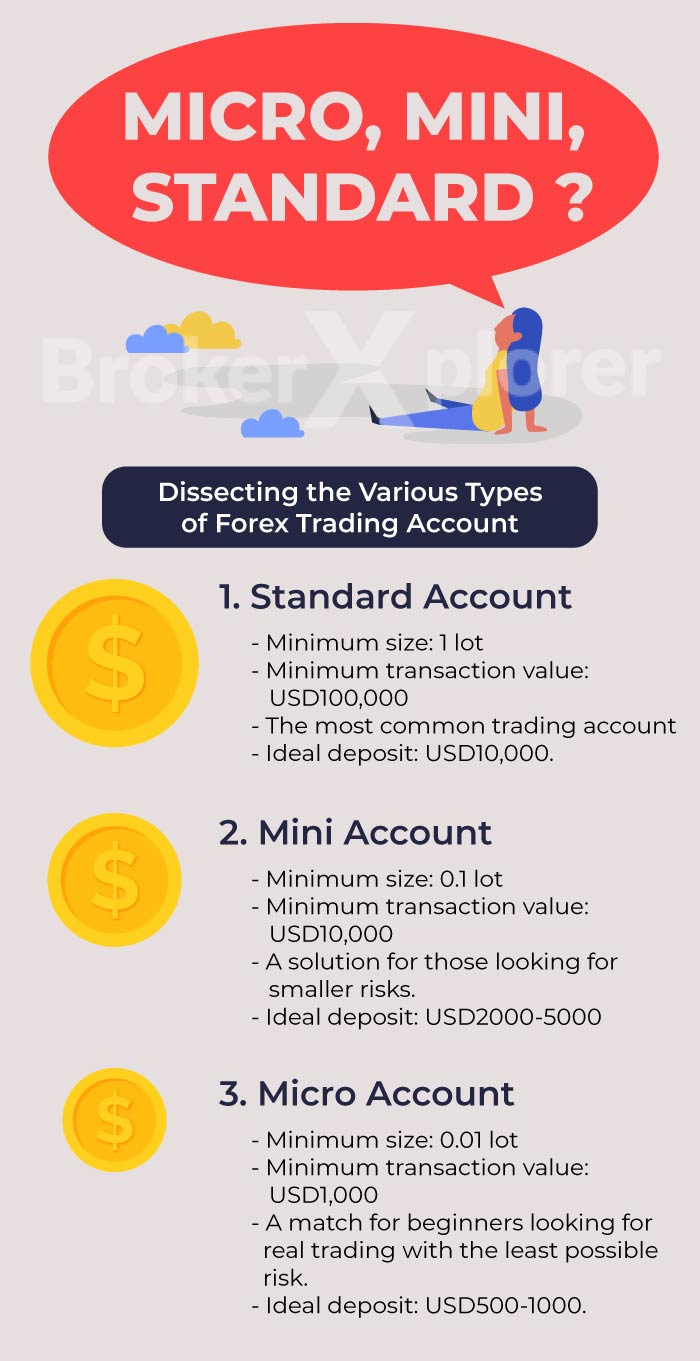There are many types of traders, from those who take it seriously as a profession to those who consider it a hobby or a pastime. Serious traders can turn trading into a business. What are the signs?
Not all traders succeed in turning their trading activities into a business. As you may know, trading is a promising field to generate profits. Many traders aspire to make trading their main source of income, but in reality, not many of them succeed smoothly.
The main factor is that not all traders approach trading as a business. Some do it to earn extra money, while others aim to become full-time or part-time traders. Meanwhile, some treat trading as a hobby and experiment with the market.
So, what signs suggest that trading has become a business? Here are eight indicators demonstrating you have effectively established trading as a business.

1. Having a Clear Vision
Having a clear vision is a sign that you have successfully begun to develop trading as a business. You already have goals and targets to achieve, not just doing it for fun. To achieve these targets, you also have systematic steps in place. By having a vision and mission, you will also be helped because you have a guide to executing the business in the future.
2. Having a Business Plan
A business without a business plan is like a ship without a captain. It will drift aimlessly without direction. Similarly, in trading, a detailed trading plan is crucial. A plan that says "buy Bitcoin until it reaches the moon" is not a proper trading plan.
A trading business plan should at least include answers to the following questions:
- What financial assets will you trade?
- What strategies will you use to make a profit?
- What is your process for identifying, executing, and journaling trades?
- What are your Key Performance Indicators (KPIs)?
- What benchmarks do you use for short-term and long-term success?
- How much time and capital will you allocate before evaluating the business again?
- The right business plan will help you refine your business goals. In addition, a business plan should make your use of time and resources more efficiently.
3. Properly Funded Business
One of the trading principles is to risk only money you can afford to lose. Nevertheless, you must still face the risk of running out of capital, especially during adverse market conditions. Getting more funds when the business is struggling can extend the life of your business. In addition, you should also have a separate trading fund. This means the money is specifically allocated for trading, not other purposes. So, having a separate trading fund makes it easier to track profits and losses and protects funds for everyday needs.
4. Having a Competitive Edge
One indicator of a thriving trading business is a competitive advantage. You need something that sets you apart, such as expertise in a specific asset, strong discipline, or exceptional market knowledge. Whatever your advantage may be, it should enable you to generate profits consistently in all trading situations.
5. Maintaining Trading Routines
If you want your trading business to be successful, you must be ready whenever there is an opportunity. That means you must maintain daily routines. Schedule time for research, preparing pre-trading, adjustments, and journaling. If you have established a systematic routine, keep it. Later, it will become a routine that will improve your profits.
6. Ability to Manage Financial Flows
There are many costs to consider in trading businesses. For example, spread costs, broker fees, interest rate differentials, margin requirements, and taxes applicable to trading. In addition, there are other unexpected costs that you should also calculate. Good cash flow will help you optimize business operations. Regularly monitoring income and expenses is also necessary for evaluating finances. If something does not comply with the rules of money management, then you can take immediate action.
7. Losses is a Business Expense
Considering losses as a business expense indicates that you have developed trading into a successful business. This means that, like a vegetable seller who bears the cost of spoiled goods or a grocery store owner who covers the cost of unpaid products, traders should also factor in losses as a cost of doing business. As a trader, you must acknowledge that losses are inevitable in high-risk trading activity. The key to successful trading is to minimize losses and ensure that they remain small compared to the profits earned.
8. Committed
Lastly, having a strong commitment indicates that your trading business has grown successfully. As a trader and a businessperson, protecting your business capital alone is insufficient. You must focus on expanding your business. To achieve better business growth, you need to be fully committed.
So, do any of the above signs apply to you? Utilizing trading as the primary source of income is indeed feasible. In fact, with perseverance, trading can become a lucrative business. However, to establish a stable business, you, as a trader, must play a significant role.
If you have experienced any of the aforementioned signs, you have progressed towards developing trading as a business. Nevertheless, it's crucial to remember that sustaining a trading business is more challenging than initiating it. To maintain the business, you must maintain the level of quality you currently possess.
Treating trading as a business means you have become a professional trader. That also means you have to learn how to make a profit like a professional trader. How to do this?

 Dedicated FREE FOREX VPS
Dedicated FREE FOREX VPS Free FOREX Virtual Private Server
Free FOREX Virtual Private Server MT4 Demo Contest, Get $500
MT4 Demo Contest, Get $500 Sign Up for an Account, Claim 60% Deposit Bonus
Sign Up for an Account, Claim 60% Deposit Bonus Free MT4/MT5 VPS 2024
Free MT4/MT5 VPS 2024 Send E-mail and Get Free Merchandise
Send E-mail and Get Free Merchandise $1K Refer a Friend Bonus for Pepperstone Pro clients
$1K Refer a Friend Bonus for Pepperstone Pro clients Maximize Your Earnings with 100% Deposit bonus
Maximize Your Earnings with 100% Deposit bonus Trade to Win, $5,000 Monthly Demo Contest
Trade to Win, $5,000 Monthly Demo Contest Claim 30% + 15% Deposit Bonus from LiteFinance
Claim 30% + 15% Deposit Bonus from LiteFinance








